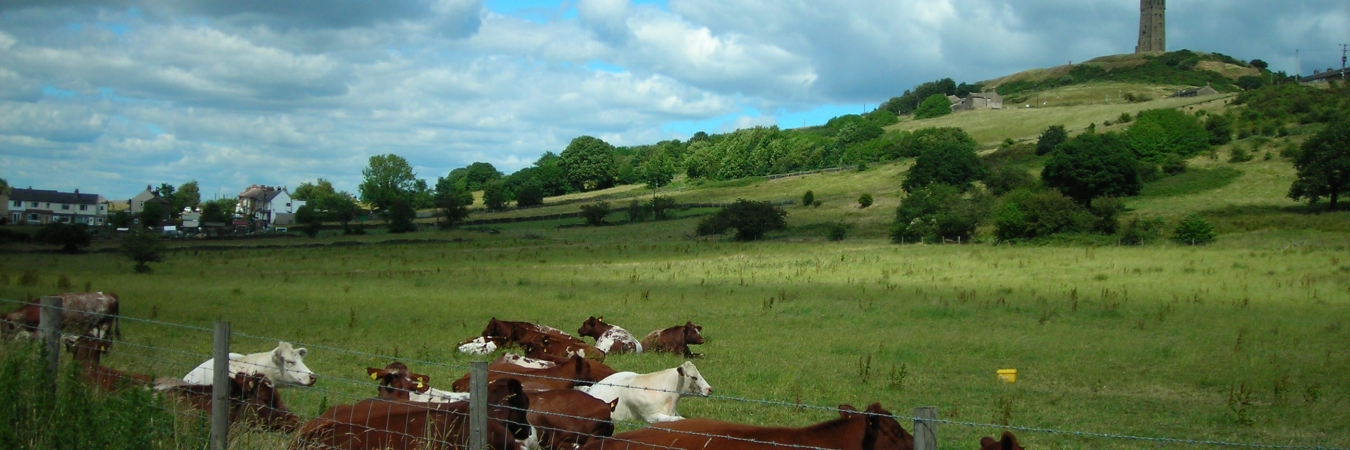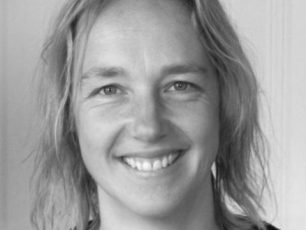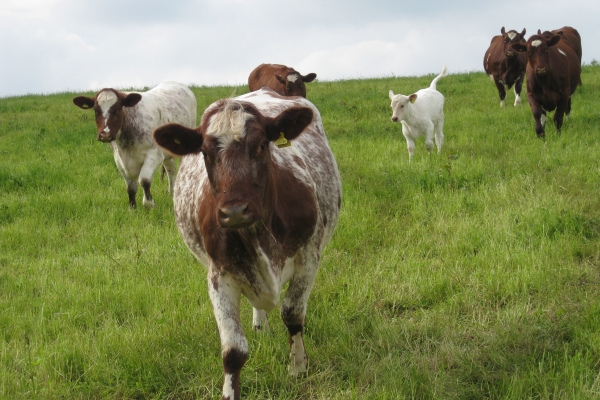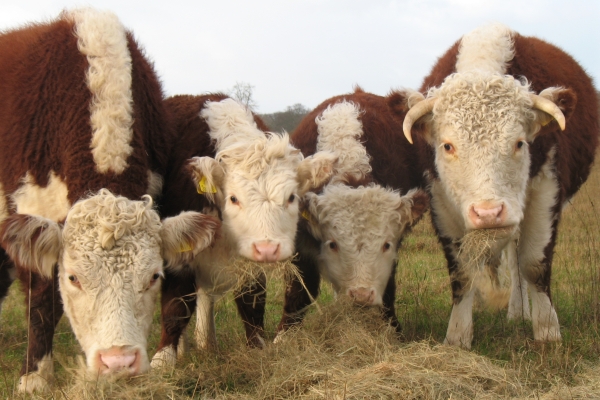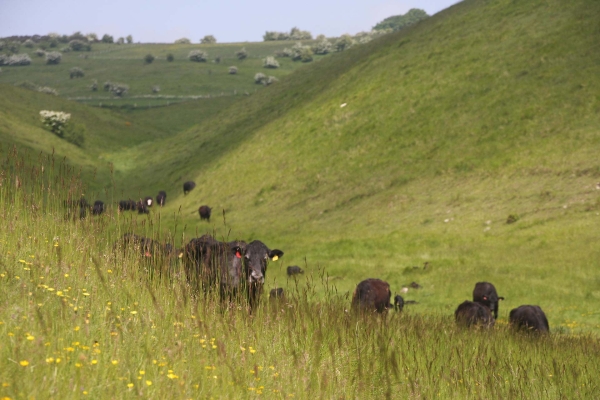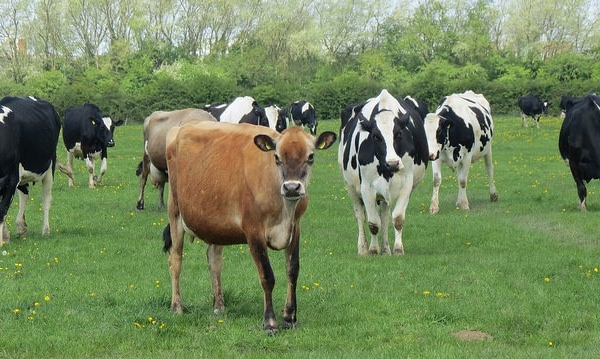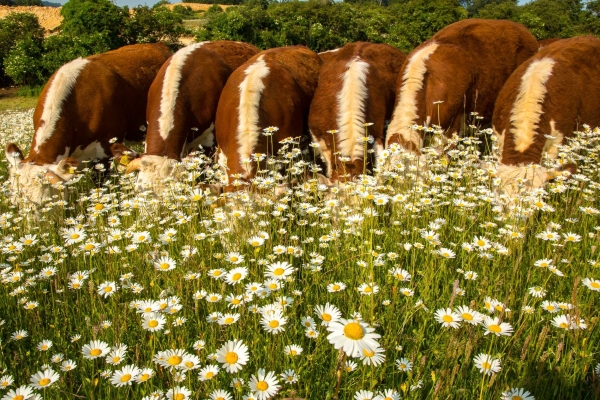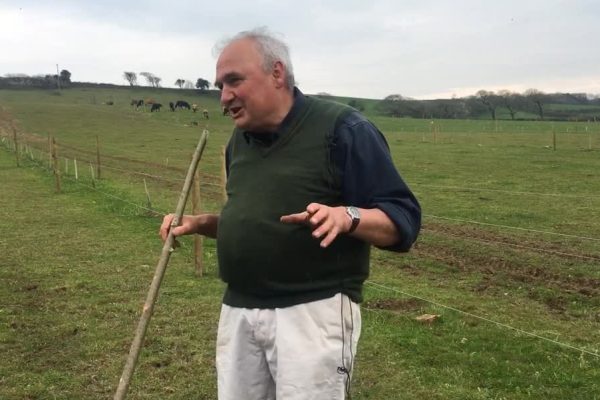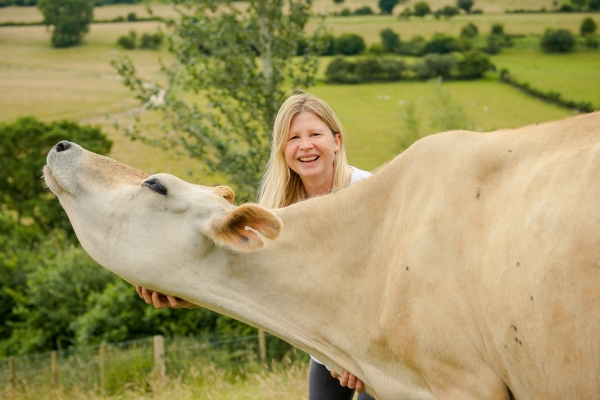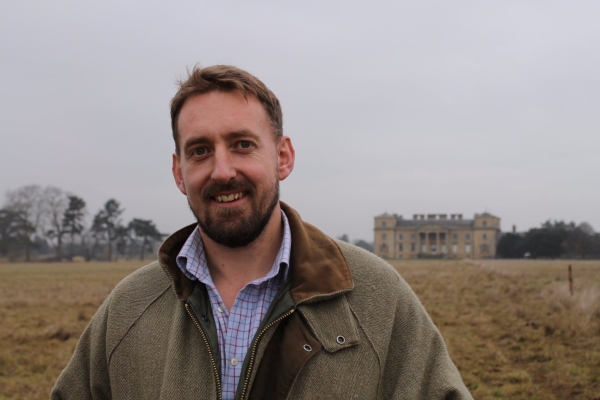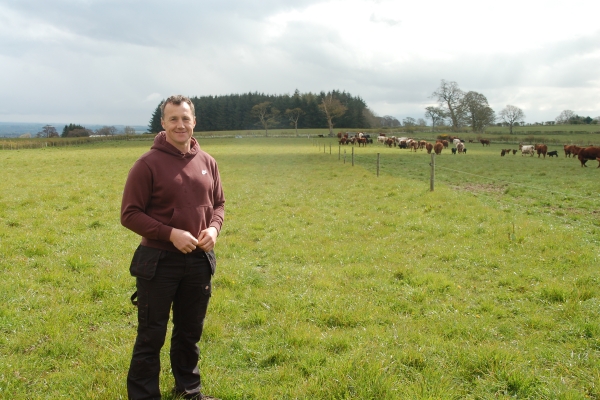How is the pasture-fed innovative practitioners’ project going?
Naturally productive systems which support large numbers of grazing livestock have provided inspiration for Pasture for Life (PfL) certified producers to adopt pasture management practices which mimic those systems. I am currently involved in research that aims to evaluate the ecological, agronomic and social impacts of the pasture-fed livestock approach to grazing management and its potential as the basis of a sustainable GB-wide system.
After 6 months the SEEGSLIP (sustainable economic and ecological grazing systems) project staff have visited half of the 60 PFLA farms scheduled for this first year of the study. Farmers from Cornwall to Northumberland have shared information about their practices and dug through their records to help us try to get a rounded picture of the multiple public goods produced through their farming systems. The attached picture shows where we have been so far:
The farms have covered a broad spectrum of enterprises and practices and it has been fascinating to discover some of the very different approaches to grazing management and to sample the resulting soil and vegetation. This year’s weather is obviously presenting some challenges to farmers as well as ecologists, trying to extract soil samples from sun-baked earth can be hard work, but ensuring cattle have feed through this time and for the coming months is clearly critical for sustaining a pasture fed business. I hope that some of the rain that has fallen recently in Cumbria is coming your way.
Moving on into the summer, we have half of our sample to visit, but additionally we need to tidy up the data we have already collected and ensure that it is fit for purpose. This is likely to involve a few phone calls and e-mails with the farmers who were subject to some of our first rather tentative outings with the PG tool. We are grateful for your time and patience as we try to capture the complexity of what you do for a living.
Lisa Norton writes of herself:
“I lead the Land Use Group at the Centre for Ecology and Hydrology (CEH). As a plant/landscape ecologist, I have led and been involved with CEH’s national survey of the UK (Countryside Survey) which records the state and change in UK habitats, landscape features, vegetation, soils and water over time. I have a particular interest in the relationship between agriculture and ecology and between farmers and the land that they manage and I work closely with social and economic scientists and with farmers and policy makers towards identifying approaches for sustainable environmental management. In my spare time I like being outside and being active; walking, running and swimming. I am also happy to be still and enjoy what is around me, especially if I can name it!”
Learn more:
- See here for more information about the SEEGSLIP project.
- Interested in following this project’s progress? It will be featured in the new ‘Trials & demonstrations’ section on Agricology…
(Editor’s Note)
Header image: Stirley Community Farm, Yorkshire. Photo credit: Lisa Norton
